预防境外物品“物传人”,快递包裹、进口水果这样处理更安全
近日,快递包裹是否会引发新冠病毒“物传人”受到关注。
北京、深圳奥密克戎本土确诊溯源:
均不排除因境外输入“物传人”的可能性
The first individuals in Beijing and Shenzhen infected with the Omicron variant of COVID-19 both had contact with parcels from North America, health authorities from the two cities said on Monday.
北京和深圳两地卫生部门17日表示,两地的首例奥密克戎本土确诊病例都接触过来自北美的包裹。
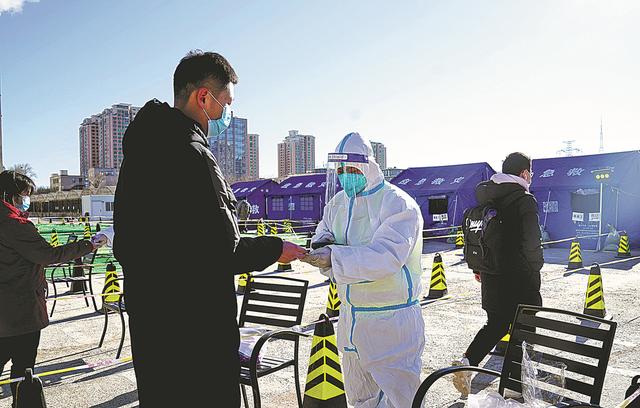
People wait for COVID-19 tests at an emergency testing site in Beijing's Haidian district on Jan 17, 2022. [Photo by WANG HAIXIN/FOR CHINA DAILY]
北京、深圳两地均在疫情防控发布会报告称,当地新冠确诊病例不排除经境外物品而感染病毒的可能。其中深圳确诊病例感染病毒的基因测序与境外病毒100%同源。北京确诊病例感染的病毒与2021年12月北美和新加坡等地分离的部分毒株相似度较高。
针对如何预防境外物品“物传人”?北京市疾病预防控制中心副主任庞星火呼吁个人戴口罩、不握手、勤洗手、常通风、少海淘。
The State Post Bureau announced on Sunday that it will strengthen prevention and control measures to avoid the entry of the virus via international mail.
国家邮政局16日宣布,将加强防控措施,防止病毒通过国际邮件输入。
收到境外快递怎样消毒?
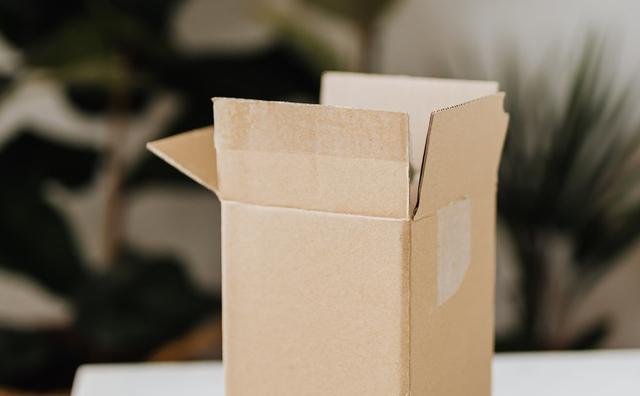
[Photo/Pexels]
如果收到境外快递,怎么样做才能降低风险呢?专家建议:
1.Wear a mask and disposable gloves when receiving your packages
收到境外邮件时,要佩戴口罩和一次性手套
2.Open all packages outside and dispose of the boxes immediately
拆件时在户外进行,外包装立即处理掉
3.Disinfect the inner and outer packaging with chlorine-containing disinfectants or 75% alcohol
用含氯消毒剂或75%酒精对内外包装进行全面消毒
4.Be sure to wash your hands after handling your packages
处理完邮件后,切记要洗手
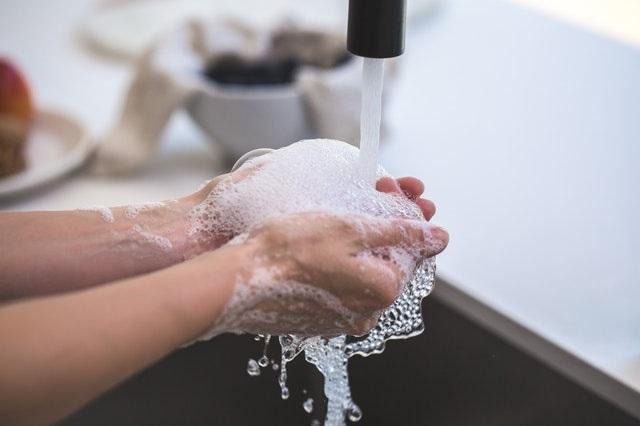
[Photo/Pexels]
洗手是简单却至关重要的一步,你的洗手方式正确吗?研究表明,用力洗手大约需要20秒才能去除所有潜在的细菌和病毒。美国疾控中心发布洗手指南:
Wet your hands with clean, running water (warm or cold), turn off the tap, and apply soap.
用干净的流动水(温水或冷水)弄湿双手,关掉水龙头,然后涂抹肥皂。
Lather your hands by rubbing them together with the soap. Lather the backs of your hands, between your fingers, and under your nails.
双手将肥皂搓洗出泡沫。将肥皂沫涂抹在手背、指间和指甲缝。
Scrub your hands for at least 20 seconds.
搓洗双手至少20秒。
Rinse your hands well under clean, running water.
用干净的流动水冲洗双手。
Dry your hands using a clean towel or air dry them.
用干净的毛巾擦手或晾干双手。
进口水果怎么吃才更安全?
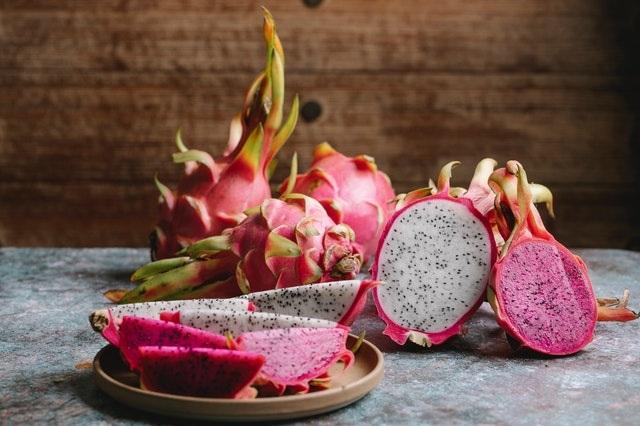
[Photo/pexels]
此外,进口水果的安全性也成为民众关心的话题。从元旦至今,我国多地进口火龙果检测出新冠病毒核酸阳性,进口车厘子、香蕉、龙眼也纷纷“中招”。
上海市长宁区疾病预防控制中心副主任庄建林接受采访时表示,“进口食物入境时大多是通过航空渠道整箱运输的,渠道各环节的消毒只能涉及外包装层面,但如果在原产国进行摘果、包装的果农、工人们本身已携带病毒,是有可能让果皮上也残留病毒的。”
有外国专家在接受《今日美国》采访时也表示:
“There is a chance that if someone with the virus sneezed or coughed on your fruits and veggies, there's a chance it could get on your hands—and into your mouth if you don't wash your hands or your produce. ”“如果病毒携带者对着水果和蔬菜打喷嚏或咳嗽,而你不洗手或不清洗果蔬,病毒就有可能由双手或果蔬进入你的口腔。”
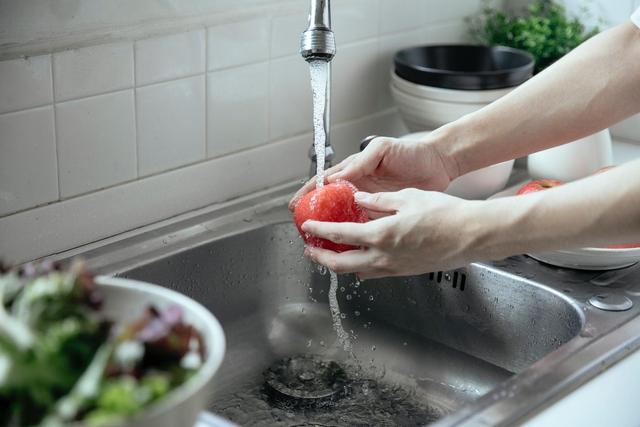
[Photo/Pexels]
那以后还能否放心吃火龙果?买进口水果怎么处理才更安全?
浙江省疾病预防控制中心专家表示,进口水果买回家后首先用酒精或消毒湿巾对外包装喷洒或擦拭消毒,再根据水果特点选择清洗方式,可以用清水浸泡10到20分钟。
Soak produce in water or put it under running water to wash out any potential contamination
将农产品浸泡在水中或用流水冲洗掉任何潜在的污染物
Thoroughly wash hands with soap and water "for at least 20 seconds" after washing produce
清洗农产品后,用肥皂和水彻底洗手“至少20秒”
Washing produce removes about 90% of any contamination
农产品表面90%的污染物可以被冲洗掉。
消费者还应注意,购买进口冷链食品和进口水果,要到正规的超市或市场选购,不要购买来源不明的进口冷链食品和进口水果。
来源:中国日报,中新网,央视网,上观新闻,今日美国,Review编辑:董静
来源:中国日报网

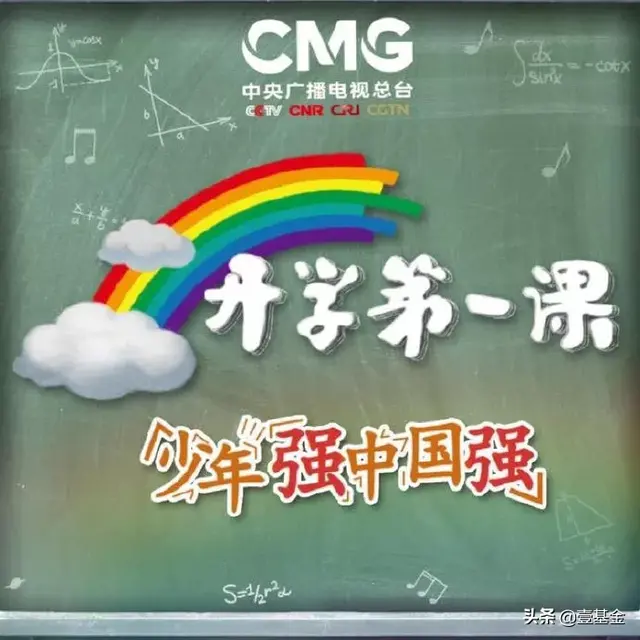

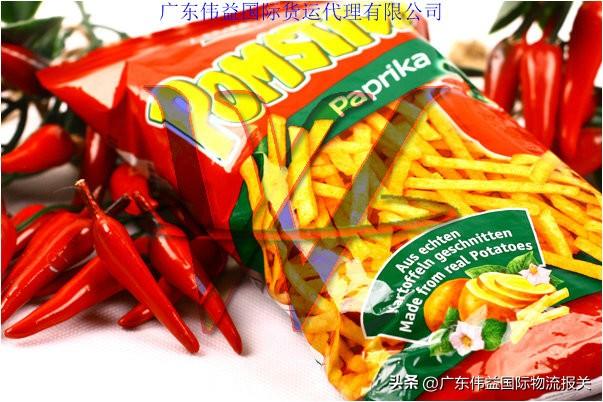
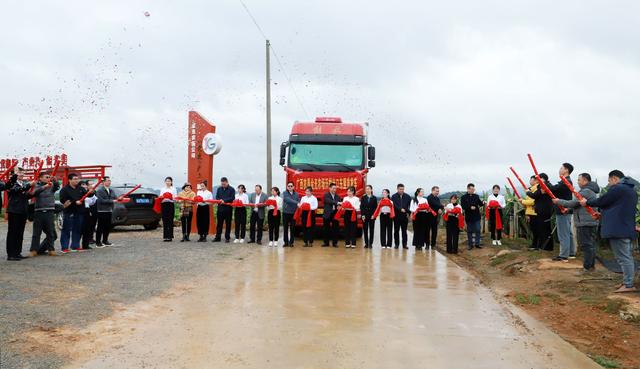
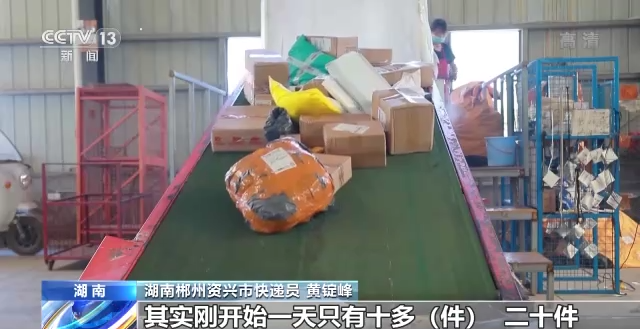
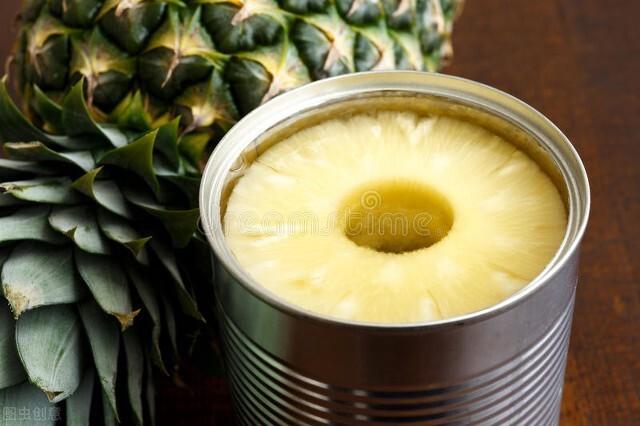
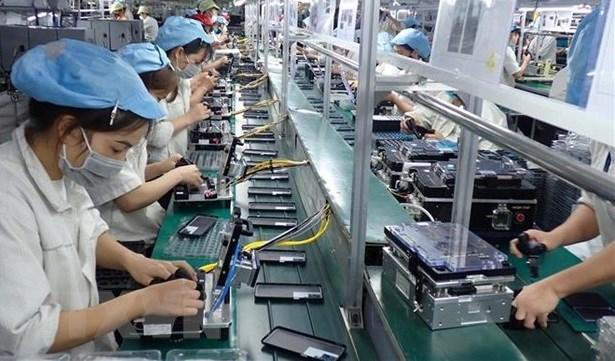
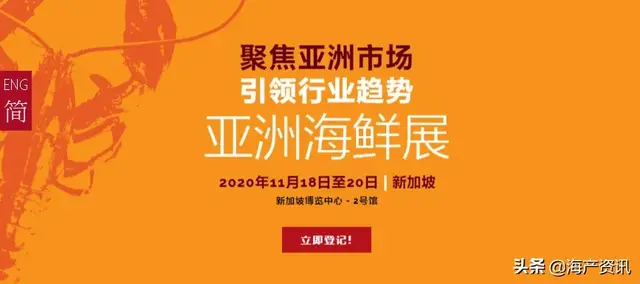
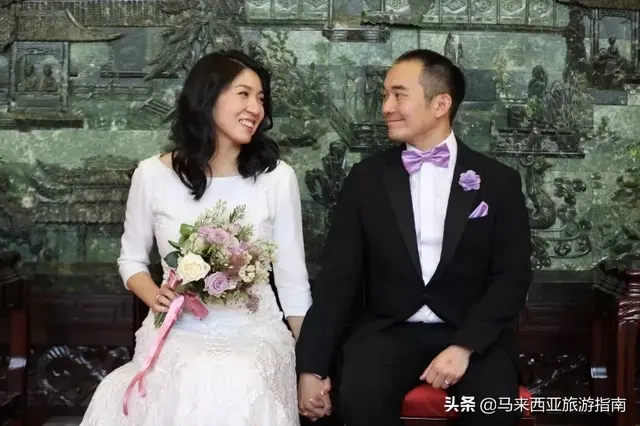











评论